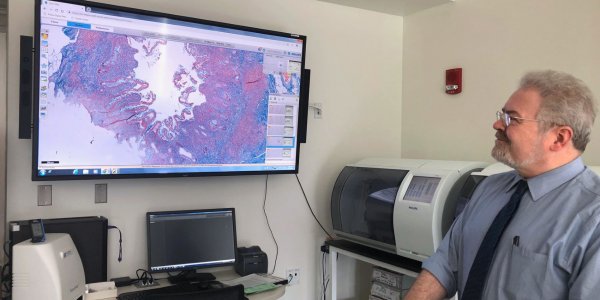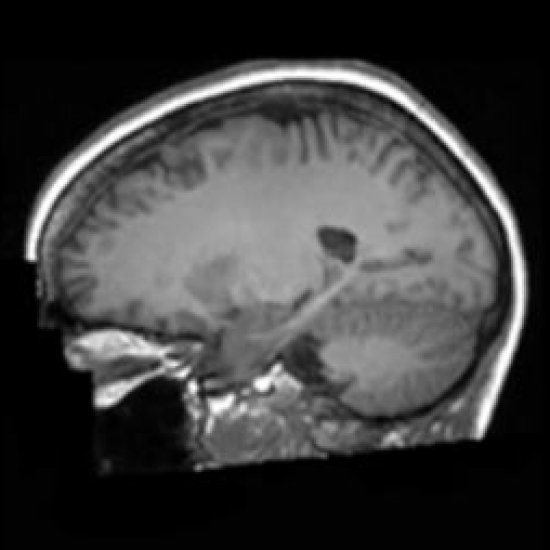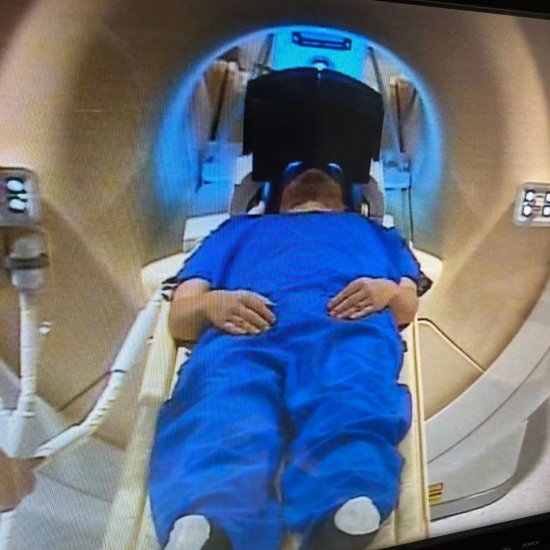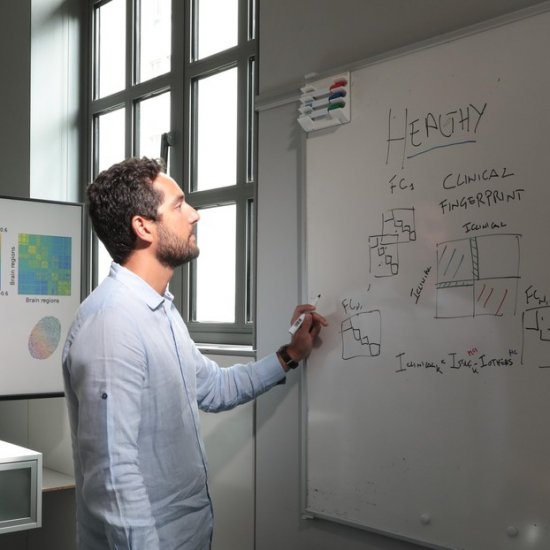
When diagnosing or treating patients, in-person care was said to be irreplaceable. Corona changed it all. ‘Hybrid care’ models seek to combine the low-threshold availability and location independence of telehealth with the presence and familiarity of traditional care. Experts at HIMSS discussed the potential – and challenges – of this approach.

Article • Seeing the advantages
Digital pathology adoption accelerates
Digital pathology (DP) is a game-changer in the workflow, functionality and accessibility of a hospital’s pathology department. As pathologists understand the benefits, and the availability of commercial products and systems increase, alongside ...
 |
Article • Omics in cancer carePersonalizing laboratory medicineTo avoid adverse reactions, personalised laboratory medicine can help to predict a patient’s drug response. Investigations based on DNA and other omics technologies – e.g. genomics, transcriptomics, proteomics, metabolomics – along with ... |
 |
Article • NeurologySupercomputer helps create 3D synthetic brain modelsScientists are using artificial intelligence (AI) and the Cambridge-1 supercomputer to synthesise artificial 3-D MRI images of human brains and create models that show disease states across various ages and genders. The Synthetic Brain Project is ... |
 |
Article • Hybrid care modelsTelemedicine or in-person care: Why not both?Will telehealth replace traditional in-person healthcare? Healthcare and digital health professionals around the world have moved beyond this question. Telehealth scenarios are here to stay, and so is traditional healthcare. The relevant question is ... |
 |
Article • Immersive imaging distractionVR system to reduce MRI scan anxietyClaustrophobia or anxiety can overwhelm small children and people with cognitive difficulties, especially in a confining and noisy MRI scanner tube. Their restless reactions can then render scan images useless. To help such patients to relax during ... |
 |
News • Cognitive decline'Brain fingerprints' help doctors detect neurological diseaseAn EPFL scientist has found that brain fingerprints – or maps of the neural connections within our brain – can be used to detect a decline in cognitive ability. That’s because the fingerprints are harder to detect in people who already have ... |
Events
| 23.08.2021 - 25.08.2021 | Online |
| Shift Medical 2021 - Medical XR | |
You are receiving this email because you subscribed to our newsletter on healthcare-in-europe If you don’t want to receive this newsletter anymore, click here to unsubscribe. Keep up-to-date on the latest news from all hospital-related fields! Copyright © 2025 mgo fachverlage GmbH & Co. KG. E.-C.-Baumann-Straße 5, 95326 Kulmbach, Germany |